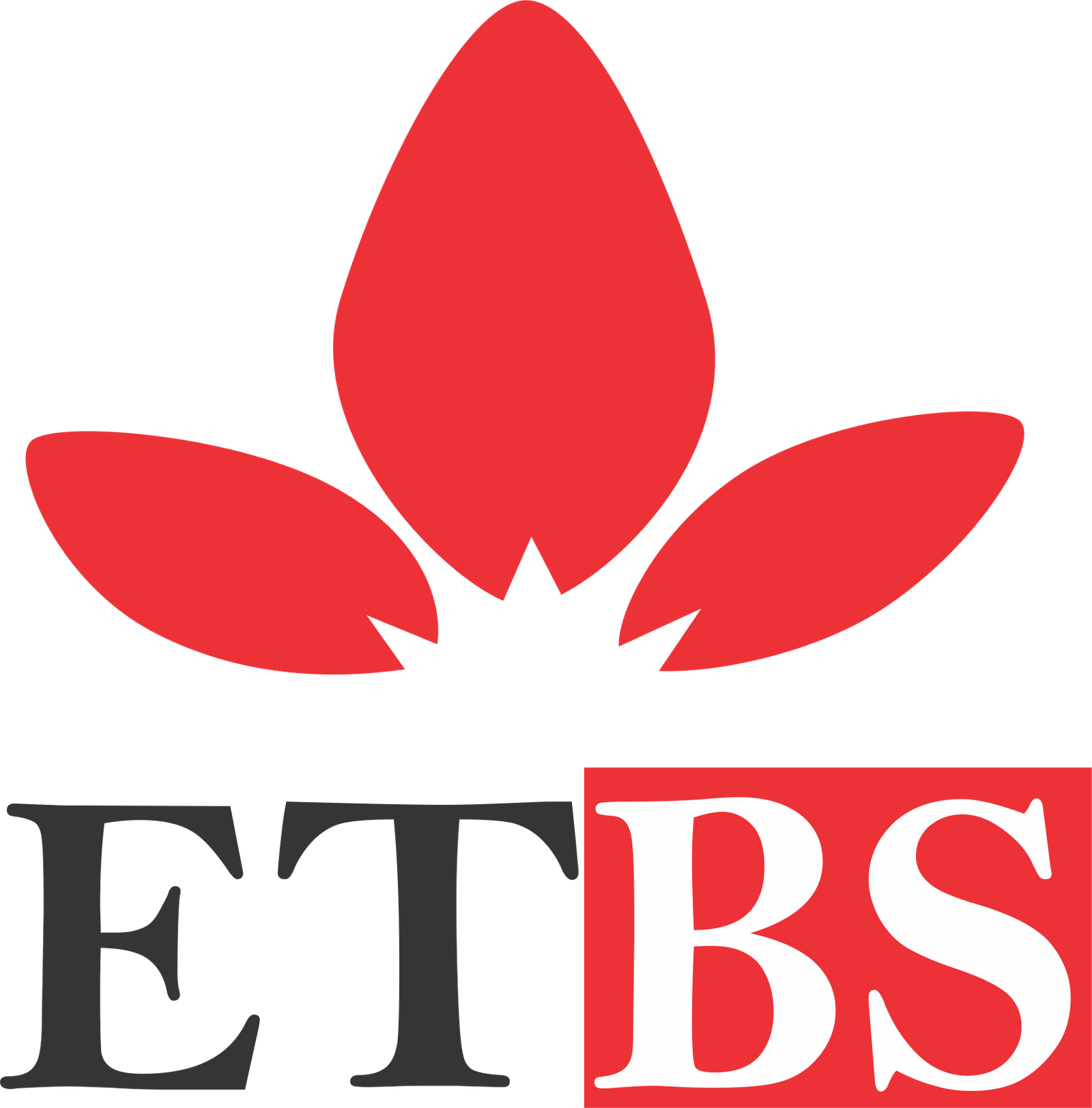 EarthTab Business School
EarthTab Business School
☰
|

COURSE TITLE: MARKETING FOR NONPROFITS AND NGOs Welcome to EarthTab Business School. My name is James Smith, and i will be your preceptor for the course, Marketing for Nonprofits and NGOs. Marketing for Nonprofits and NGOs is a comprehensive, multidimensional course designed to provide you with a holistic understanding of mission-driven marketing, equipping you to strategically plan, execute, and optimize marketing activities that maximize awareness, engagement, funding, advocacy, and impact in the nonprofit sector. Unlike traditional commercial marketing, nonprofit marketing operates under unique constraints and ethical considerations, including limited budgets, heightened accountability, diverse stakeholder ecosystems, and complex measures of success focused not solely on profit but on social impact, community benefit, and sustainable change. This course delves deeply into the core principles, advanced strategies, communication frameworks, analytical tools, and ethical considerations necessary for nonprofits and NGOs to thrive in today’s increasingly competitive and digitally connected landscape. It explores how marketing can amplify social missions, strengthen stakeholder relationships, enhance fundraising, mobilize communities, and drive systemic change. The Nature of Nonprofits and NGOs: Understanding the structural, operational, and legal characteristics of nonprofit organizations; how these shape marketing strategy. Mission-Driven Marketing Philosophy: Every activity is grounded in the organization’s mission, vision, and values, ensuring authenticity and relevance. Social Value Proposition: Communicating the organization’s social impact clearly and compellingly. Stakeholder Ecosystem Mapping: Identifying and categorizing stakeholders (donors, beneficiaries, volunteers, government, media, partners) and understanding their motivations, expectations, and engagement patterns. Nonprofit Marketing vs. For-Profit Marketing: Exploring the similarities, differences, and sector-specific nuances in strategy, messaging, and measurement. Relationship-Centric Marketing: Building long-term engagement with stakeholders rather than transactional interactions. Trust and Credibility: Establishing and maintaining legitimacy through transparency, ethical conduct, and consistent impact reporting. Resource Optimization: Leveraging limited budgets for maximum reach and impact using innovative strategies such as grassroots campaigns, partnerships, and digital tools. Adaptive and Flexible Strategy: Rapidly responding to changing donor behavior, community needs, and social trends. Behavioral Insights: Using behavioral science and consumer psychology principles to understand motivation, decision-making, and engagement in a nonprofit context. Mission-Aligned Brand Identity: Designing logos, visuals, messaging, and tone that reflect the nonprofit’s core purpose. Positioning for Differentiation: Standing out in a crowded social impact ecosystem while emphasizing unique value propositions. Storytelling Frameworks: Crafting narratives that convey urgency, empathy, and action; using beneficiary stories, case studies, and impact visuals. Emotional and Cognitive Appeal: Leveraging emotion and reason to inspire donations, volunteerism, and advocacy. Consistency Across Touchpoints: Ensuring coherent messaging in digital campaigns, offline outreach, events, and media relations. Digital Marketing Channels: Social media, websites, email campaigns, search engine optimization, content marketing, online ads, influencer collaborations. Offline Marketing Channels: Community outreach, events, PR, print campaigns, advocacy initiatives, sponsorships. Hybrid Strategies: Integrating online and offline campaigns to maximize reach and engagement. Emerging Tools and Platforms: Mobile apps, gamified engagement, virtual events, and crowdfunding platforms. Channel Optimization: Allocating resources based on engagement data, impact measurement, and campaign goals. Comprehensive Fundraising Plans: Incorporating short-term campaigns, long-term donor cultivation, major gifts, corporate sponsorships, grants, and digital crowdfunding. Donor Segmentation and Personalization: Understanding donor demographics, psychographics, engagement patterns, and communication preferences. Retention and Loyalty Programs: Maintaining engagement through newsletters, impact reports, recognition, and stewardship programs. Donor-Centric Campaign Design: Creating campaigns that resonate with donor motivations, values, and expectations. Performance Metrics and ROI: Measuring fundraising success through donations, donor lifetime value (DLV), engagement metrics, and campaign efficiency. Volunteer Recruitment: Crafting marketing campaigns to attract volunteers with the right skills, passion, and cultural fit. Retention and Motivation Strategies: Recognition, training, empowerment, and inclusion to sustain volunteer engagement. Ambassadorship and Advocacy Programs: Transforming volunteers into brand advocates, social influencers, and campaign amplifiers. Gamification and Community Building: Using creative engagement tools to enhance participation and long-term involvement. Definition and Frameworks: Collaborating with corporate partners or brands to create mutual value while advancing social causes. Strategic Alignment: Ensuring that partnerships reflect organizational values and enhance credibility. Campaign Design and Execution: Planning joint campaigns that maximize visibility, awareness, and fundraising outcomes. Evaluation and Reporting: Measuring impact for both the nonprofit and partner organizations. Impact Assessment: Measuring awareness, engagement, donation conversion, volunteer participation, advocacy reach, and long-term social outcomes. Performance Dashboards: Real-time tracking of campaigns, KPIs, and donor metrics. Data-Driven Marketing: Using analytics to optimize campaign targeting, segmentation, messaging, and channel allocation. Predictive and Prescriptive Analytics: Forecasting donor behavior, campaign response, and fundraising potential. Feedback Loops and Continuous Improvement: Leveraging stakeholder feedback, engagement data, and performance insights to refine strategies. Transparency and Accountability: Reporting financials, program outcomes, and campaign impact accurately. Data Privacy and Protection: Safeguarding donor, volunteer, and beneficiary information. Compliance and Governance: Adhering to local, national, and international nonprofit regulations, tax laws, and fundraising policies. Authenticity and Trust: Avoiding manipulative messaging while ensuring campaigns are compelling, credible, and mission-focused. Marketing Strategy Development: Crafting comprehensive marketing plans aligned with organizational objectives. Integrated Communications: Coordinating digital, offline, events, advocacy, and donor engagement strategies. Innovation in Resource-Constrained Environments: Creative campaigns, low-cost high-impact strategies, leveraging partnerships, technology, and social networks. Long-Term Sustainability: Ensuring marketing strategies contribute to organizational resilience, mission continuity, and community impact. By the end of this course, you will be able to: Conceptualize and implement mission-driven marketing strategies tailored to nonprofit and NGO contexts. Build strong donor engagement, volunteer recruitment, and advocacy campaigns. Leverage integrated multi-channel marketing strategies for maximum reach and impact. Utilize analytics and data-driven insights to optimize campaigns, measure performance, and inform decision-making. Ensure ethical, transparent, and sustainable marketing practices aligned with organizational values. I look forward to congratulating you upon completion of this course.Course Overview
1. The Strategic Context of Nonprofit Marketing
2. Advanced Principles of Nonprofit Marketing
3. Branding, Positioning, and Storytelling
4. Integrated Marketing Channels for Nonprofits
5. Donor Marketing and Fundraising Strategies
6. Volunteer Engagement and Advocacy Marketing
7. Cause-Related and Partnership Marketing
8. Analytics, Metrics, and Data-Driven Decision Making
9. Ethical, Legal, and Regulatory Considerations
10. Strategic Planning, Innovation, and Sustainability
11. Learning Outcomes

Unlocking Professional Potential through world-class assessments and industry-ready training.
"Empowering Professionals through practical, accessible online business education"
- Blessing Princess Agho
 Founder/Lead Instructor
Founder/Lead Instructor